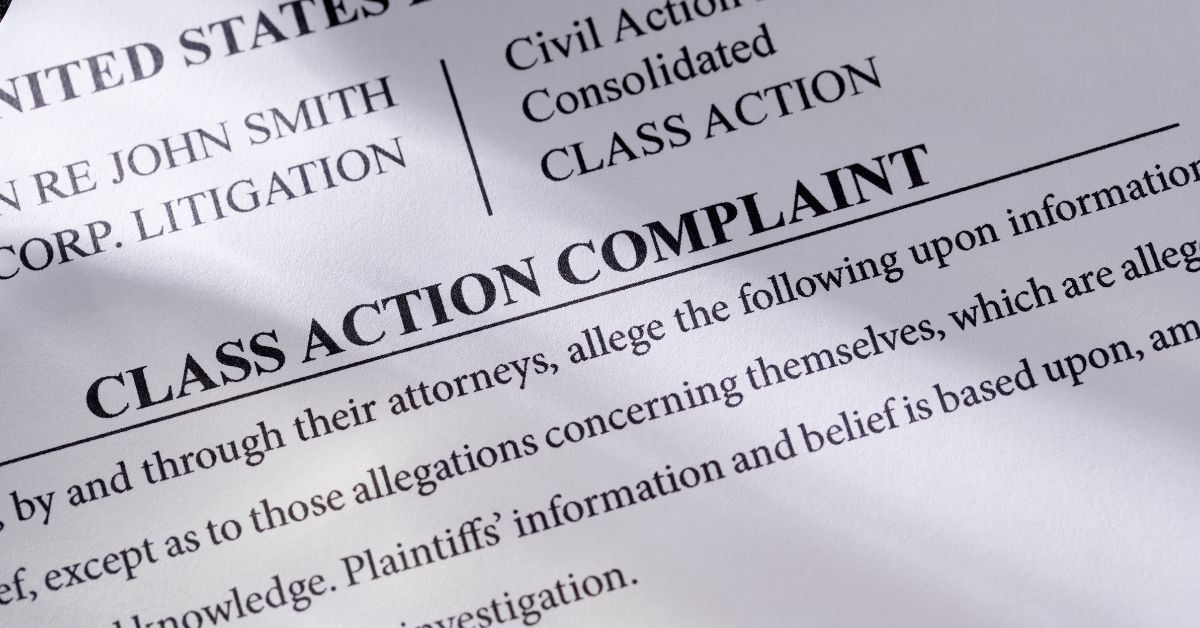How Long Does District Attorney Have To File Charges
How Long Does District Attorney Have To File Charges Navigating the California Criminal Process and Pre-Filing Investigations If you find yourself facing criminal charges in California, understanding the intricacies of the criminal process is essential. Whether you’ve been accused of a crime but haven’t been formally charged yet or have specific questions pertaining to your case, it’s crucial to consult a seasoned criminal defense attorney promptly.
The Allegation
An allegation is simply a notice to a law enforcement agency that you’re suspected of committing a criminal act. This notice can originate from various sources, including citizens, police officers, or regulatory agencies like the Securities Exchange Commission or Drug Enforcement Agency.
The Pre-Filing Investigation
A pre-filing investigation typically involves a law enforcement agency thoroughly examining the facts surrounding your case to determine whether they can recommend charges to prosecutors. During this phase, the police may conduct interviews with you or witnesses, or even execute searches of your property.
The prosecutor wields significant discretion during this stage, deciding whether to proceed with charges. If the prosecutor deems the evidence insufficient, they may opt not to pursue the case further or request additional evidence from the police.
Once the police complete their investigation and send your case to the District Attorney’s office in the “pre-filing” phase, one of three outcomes may occur:
- The district attorney proceeds to file charges against you.
- The district attorney terminates the investigation without filing charges.
- The prosecution requests further police investigation before making a final decision.
Having an experienced attorney by your side is crucial during this phase. They can work to persuade the prosecutor not to pursue charges or advocate for reduced charges, such as persuading the prosecutor to consider a misdemeanor instead of a felony. Your attorney can also present your side of the story to the police to ensure that their reports accurately reflect the facts supporting your defense.
During the pre-filing investigation, your attorney will protect you from police questioning and ensure that you are aware of your rights while under investigation. Keep in mind that any statements you make to the police, even before arrest and Miranda rights are read, can be used against you in court, so exercising your right to remain silent is essential.
The timeline for a prosecutor to act on a case varies depending on the crime’s type and severity. For most misdemeanors, charges must be filed within one year from the alleged offense date, while felonies generally have a three-year limit from the alleged offense date.
The Arrest
If the prosecution chooses to file charges, they may issue a warrant for your arrest. An arrest involves taking a person into custody, typically to detain them until their court hearing. The police must have probable cause to arrest you, indicating a reasonable belief that you committed a specific crime.
If you’re arrested, your attorney may work to convince the prosecutor to recommend a bail reduction or secure your release on your recognizance. This means you would be released based on your promise to attend your scheduled court appearances, potentially saving you significant bail bond costs.
Arraignment and Bail Hearing
An arraignment is a formal court hearing during which the judge informs you of the charges against you and explains your constitutional rights. The charges may be categorized as an infraction, misdemeanor, or felony. At this stage, no evidence is presented, and no witnesses testify. The court sets dates for future proceedings.
The bail hearing is another opportunity for an experienced attorney to assist you. They can argue for a reduction in bail, potentially saving you money. Defendants in custody have the right to reasonable bail. The bail hearing may take place during the arraignment or require the attorney to file a formal motion, notifying the prosecutor of your intention to seek bail reduction. The prosecutor may contest this reduction.
Entry of Plea
During the arraignment, you’ll have the opportunity to enter a plea of guilty, not guilty, or nolo contendre (no contest). A no contest plea means you do not admit guilt but acknowledge that the prosecution has met the elements of the crime. You can also request a continuance, allowing you time to retain an attorney.
Indications of Being Under Police Investigation
Recognizing the signs of a police investigation, especially if you’ve never been involved in one before, can provide you with an advantage. Swift recognition allows you more time to secure legal representation and prepare your defense. Common signs of being under police investigation include:
- Contact or visits from the police.
- Police contacting or visiting your family or friends.
- Suspicion of being followed or surveilled by unmarked cars or officers.
- Receiving unusual requests via social media.
What Happens When a Criminal Complaint Is Filed Against You?
When a prosecutor files a criminal complaint against you, the subsequent steps depend on whether you are “in custody” or “out of custody.” If you haven’t been arrested yet, filing a complaint may result in an arrest warrant. If you’re in custody, you must be brought before a judge within a day or two for your initial court appearance. For those out of custody, the first appearance typically occurs within a few weeks. During this hearing, the judge informs you of the charges in the criminal complaint, and the next steps are determined by the charges’ seriousness. Regardless of the charges, it’s imperative to seek experienced legal counsel immediately or request a court-appointed attorney.
Read More : What Is The Penalty For Abuse Of Power Of Attorney
Duration of Police Evidence Retention Without Charges
Once you’re released from jail, you should regain possession of your property promptly. However, if you’re facing charges, the prosecutor may retain your belongings as criminal evidence. They will release your property only when authorized by the prosecutor, which can take until the conclusion of the trial.
Additionally, police officers may seize evidence through a search warrant. Legally obtained evidence can be held for the duration of the criminal case. If you’re not facing charges, the police may hold evidence for as long as the statute of limitations for the suspected crime allows—typically one year for misdemeanors and three years for felonies in California.
Read More : What Is A Civil Attorney
Consult Experienced Criminal Defense Attorneys at Wallin & Klarich
If you’re the subject of a pre-filing investigation, it’s crucial to seek the assistance of an experienced and assertive attorney immediately. At Wallin & Klarich, our attorneys have over 40 years of experience advocating for the rights of individuals facing criminal charges. We’re committed to tirelessly representing our clients from day one. Contact us today for a free, no-obligation phone consultation.
With offices located in Orange County, Los Angeles, San Bernardino, Riverside, Ventura, Victorville, West Covina, San Diego, Torrance, and Sherman Oaks, you can find a Wallin & Klarich attorney experienced in criminal defense near you, regardless of your location. Reach out to us today at (877) 4-NO-JAIL or (619) 404-2464 for a free phone consultation. We’ll navigate this challenge together.





